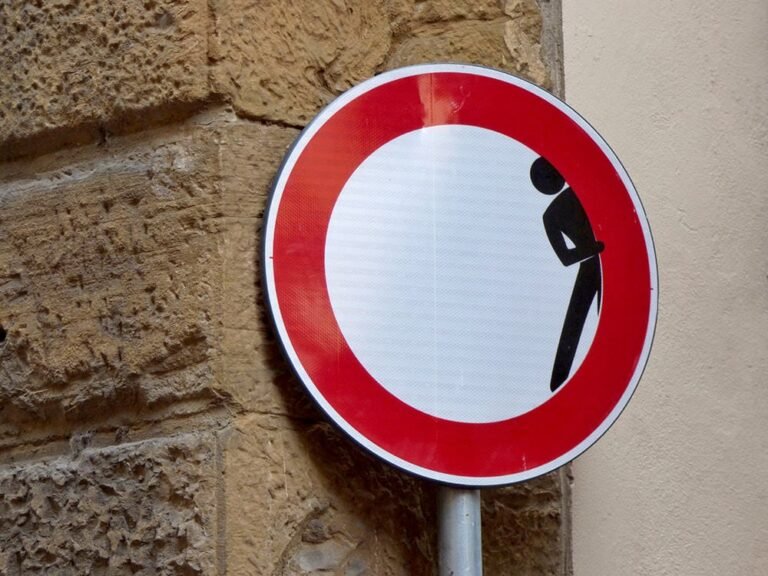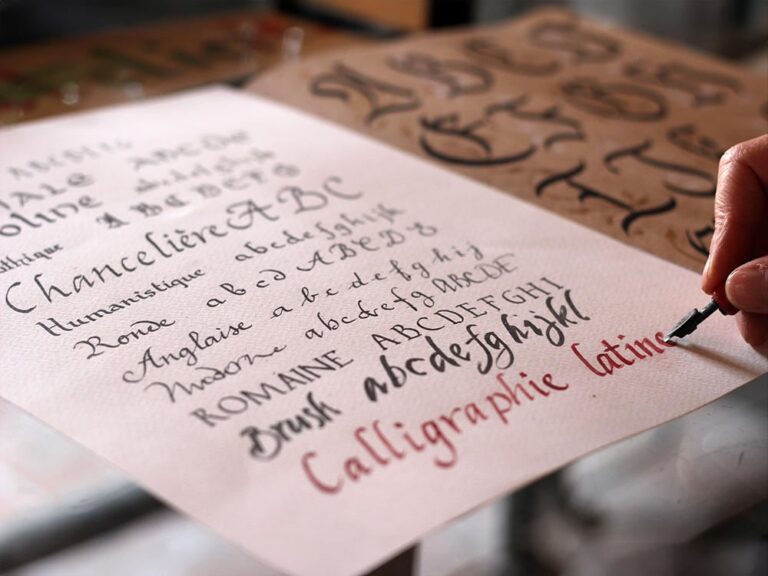comme
The French word “comme” can function either as an adverb or as a conjunction. Adverb As an adverb, “comme” means “how.” Another word that is used similarly is “que.” Conjunction Comme as a conjunction can mean “as” or “like.” Idiomatic expressions Etymology: The word “comme” comes from the Latin word “quam.” In Old French, it…









